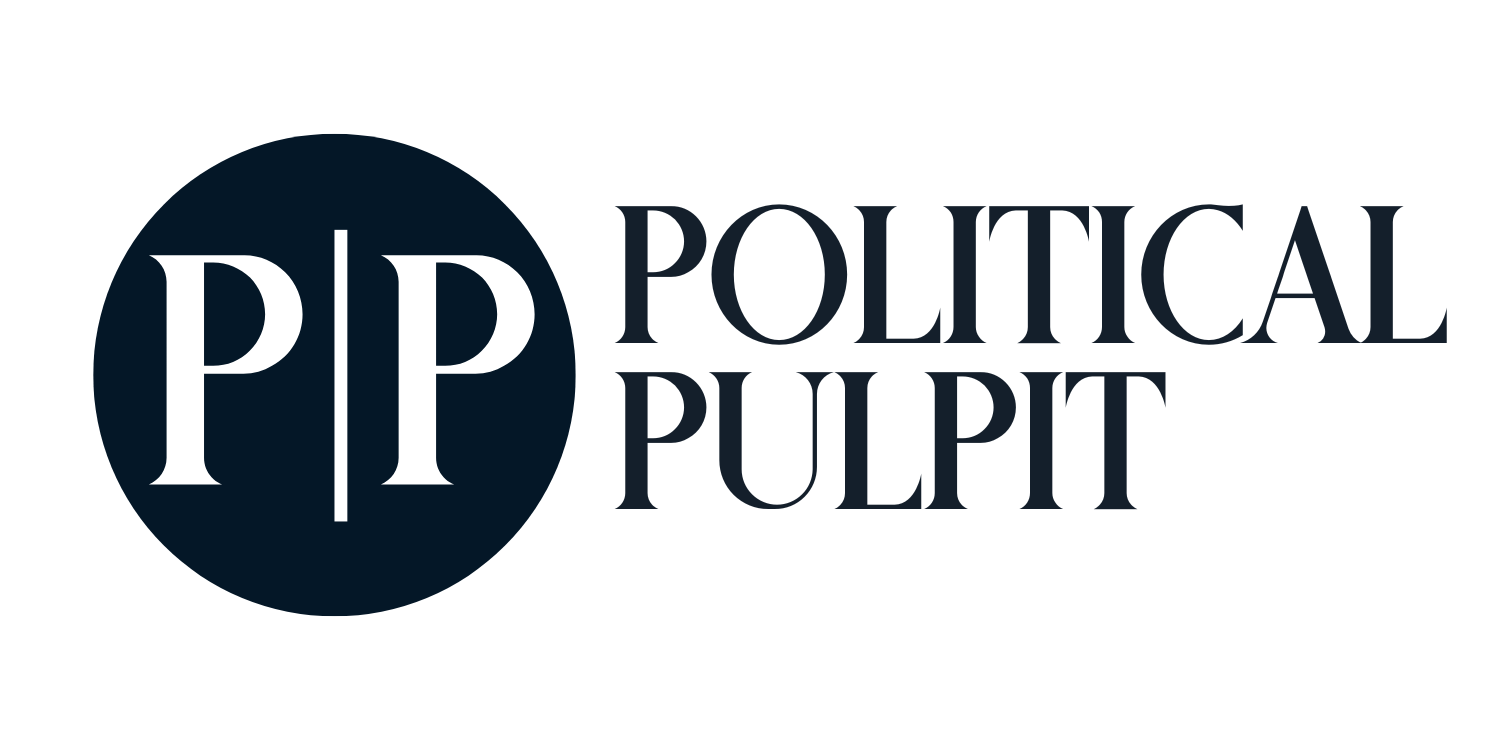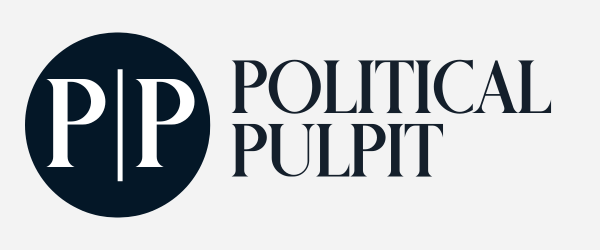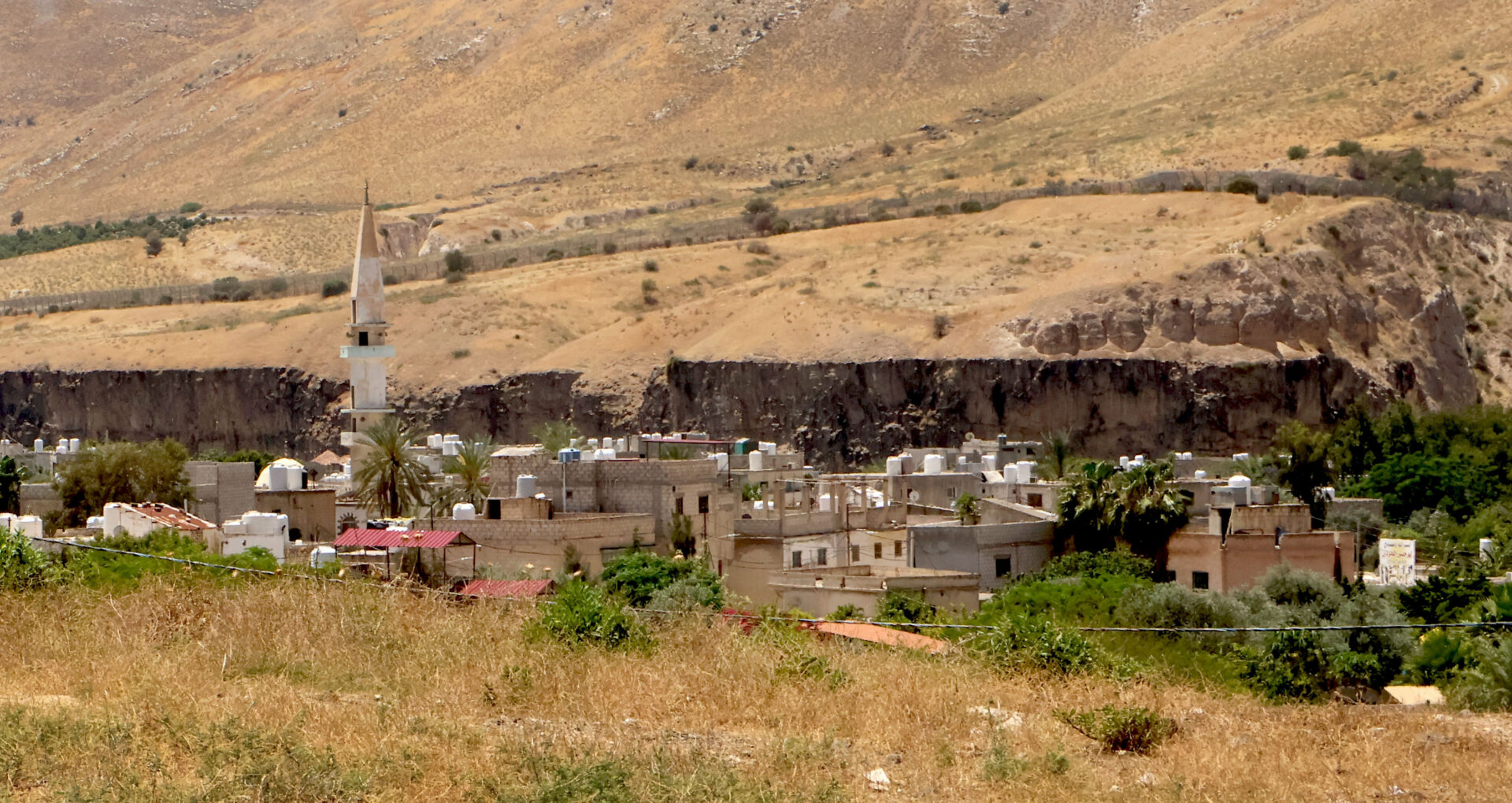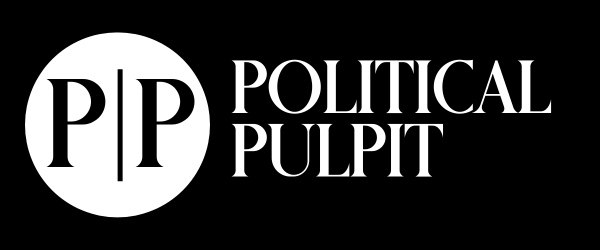In a deeply troubling report released by The Jerusalem Post, the world was once again reminded that the Middle East remains a region where hope, faith, and the right to live in peace hang by a thread.
Over the weekend, hundreds of Druze villagers from the Israeli town of Majdal Shams, located in the northern Golan Heights, crossed the border fence into Syria. Their motivation was not rebellion or politics—it was desperation. Desperation to reconnect with loved ones, to rescue family members trapped in Syria, and to escape the chaos and collapse that have engulfed their ancestral homeland.
What we witnessed on the border was more than a breach of wire and concrete. It was a breach of the world’s silence. And it forces us to ask a difficult but essential question:
Where is the global outcry for the persecuted, the vulnerable, and particularly the Christians caught in the crossfire of Middle Eastern conflict?
The Forgotten Flock in the Land of the Bible
The Golan Heights has long stood as a symbolic and strategic buffer between Israel and Syria—a region loaded with prophetic significance and political tension. But today, it represents something even more urgent: the fragility of life for religious minorities in the Middle East.
While the world’s cameras have often focused on politics, oil, and war, the Christian population in Syria and surrounding regions has quietly diminished at a historic rate. Once-vibrant Christian communities, present since the time of the apostles, are now fragmented or destroyed. Churches have been desecrated, entire families driven from their homes, and clergy kidnapped or killed. The same is true for other religious minorities such as the Druze, who are under increasing threat in Syria’s chaotic terrain.
And now, with Israel’s northern border flaring up again and the Syrian government appearing either unwilling or unable to protect its own civilians, we are watching yet another humanitarian crisis unfold in real-time.
Why the Church Must Not Stay Silent
As believers, our response must go beyond sympathy. We are called to stand in the gap—to pray, to advocate, and to act. Scripture tells us in Proverbs 31:8–9:
“Open your mouth for the mute, for the rights of all who are destitute. Open your mouth, judge righteously, and defend the rights of the afflicted and needy.”
These are not suggestions—they are mandates.
We must reject the complacency that says this is someone else’s problem. We must resist the apathy that tells us this region is too complicated to care about. We must remember that the early Church was born in this land, and that we are connected by faith to every Christian now fleeing, hiding, or weeping behind the borders of Syria, Lebanon, Gaza, and the Golan.
Pray for Peace, But Do Not Let Prayer Be Passive
Let us pray—but not passively. Let us pray with purpose, with clarity, and with faith that moves mountains.
Pray for:
- The immediate protection of all Christians and religious minorities in Syria, Israel, Lebanon, and throughout the region.
- Wisdom and boldness for governments and international leaders to intervene diplomatically and humanely.
- Revival in the land where Jesus walked, where Paul was converted, and where the Church was first persecuted.
Let us also pray for the safety of Israeli border communities, the residents of Majdal Shams, and the families they risked everything to reach.
Demand Action: Human Rights Must Be Non-Negotiable
As Americans and people of faith, we cannot afford to ignore the spiritual and humanitarian collapse of Syria and its implications for global religious freedom.
We urge:
- U.S. and Israeli officials to ensure that Christians and Druze near the Golan border receive protection, aid, and asylum if necessary.
- Churches and ministries to work together to fund relief efforts for refugees displaced by Syrian conflict.
- Faith leaders across denominations to raise their voices publicly on behalf of the persecuted Church in the East.
The Trump administration has taken unprecedented steps in the past to support religious freedom worldwide. We call upon current and future leaders to continue this legacy and apply maximum diplomatic pressure to protect the faithful in conflict zones.
Remember the Bloodline of the Faith
The Middle East is not just a geopolitical hotspot—it is the cradle of our faith. Abraham walked there. Elijah called down fire on its hills. Christ was crucified and resurrected in its cities. Paul’s missionary journeys began there. And today, in the shadows of that sacred history, the faithful are fleeing or dying.
We must not allow the Church in the West to forget its eastern brothers and sisters. We must not become so politically consumed that we forget to cry out for the innocent. And we must never stop believing that peace in the Middle East is not only possible—it is worth fighting for.
Final Word
The breach on the Golan is a prophetic picture—a people crossing borders to find peace, family, and safety. It is a call to intercession. A call to courage. A call to conscience.
Let it stir us to action.
Let it move us to prayer.
And let it awaken the Western Church to her responsibility in this critical hour.
Subscribe to the Political Pulpit newsletter for more faith-centered reporting, and join the fight for truth, justice, and global religious freedom.
Watch our broadcasts at Watch.OSN.tv — use promo code JOSH
Support our mission at www.politicalpulpit.com/partner
The time to speak is now.
The time to act is now.
The time to pray—for peace in the East and protection of God’s people—is now.



